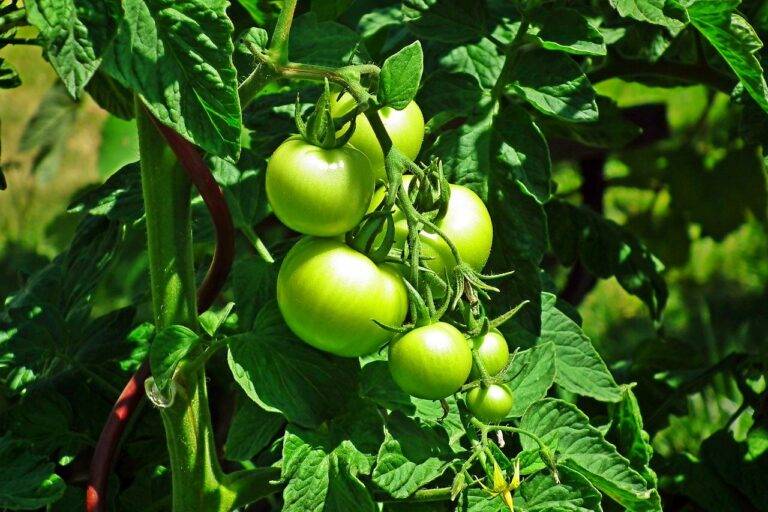Food Industry and Sustainable Agriculture Practices
The food industry faces a myriad of challenges that impact various stages of the supply chain. One significant hurdle is the issue of food safety and quality control. With an increasing global demand for food products, ensuring that food is safe for consumption has become a top priority for companies. From contamination risks to maintaining proper storage conditions, the need to uphold strict quality standards is a constant challenge in the industry.
Another obstacle that the food industry grapples with is sustainability and environmental concerns. As consumers become more conscious of the environmental footprint of food production, companies are under pressure to adopt more sustainable practices. This includes reducing waste, minimizing water usage, and implementing eco-friendly packaging solutions. Balancing the need to meet consumer demands while also reducing the environmental impact of food production presents a complex challenge for the industry.
• Food safety and quality control are major challenges in the food industry
• Ensuring safe consumption is a top priority for companies
• Contamination risks and proper storage conditions must be maintained
• Sustainability and environmental concerns are obstacles faced by the food industry
• Consumers demand more sustainable practices from companies
• Reducing waste, minimizing water usage, and eco-friendly packaging are key aspects of sustainability efforts
Impact of Climate Change on Agriculture
As the Earth’s climate continues to undergo rapid changes, the agricultural sector faces a multitude of challenges. Erratic weather patterns, including increased frequency of droughts, floods, and storms, disrupt traditional farming practices and jeopardize crop yields. The rising global temperatures also contribute to the proliferation of pests and diseases, affecting crop growth and food production.
In addition to the direct impacts on crop cultivation, climate change results in shifting growing seasons and changing ecosystems, forcing farmers to adapt to new conditions. The unpredictability of weather conditions poses a significant threat to food security and exacerbates food scarcity in many regions. Governments and agricultural organizations must prioritize sustainable practices and develop resilient farming techniques to mitigate the adverse effects of climate change on the agricultural industry.
Innovative Farming Techniques
In recent years, the agricultural sector has witnessed a surge in the adoption of innovative farming techniques. One such technique is hydroponics, a method of growing plants without soil, using mineral nutrient solutions in a water solvent. Hydroponic farming not only improves water efficiency by approximately 90% compared to traditional farming but also enables cultivation in limited spaces, making it ideal for urban settings.
Another innovative technique gaining popularity is vertical farming, where crops are grown in vertically stacked layers. This method maximizes space utilization and allows for year-round production regardless of the external climate conditions. Vertical farming also significantly reduces the carbon footprint associated with transporting produce over long distances, contributing to a more sustainable and environmentally friendly agricultural system.
What are some of the challenges faced by the food industry?
Some of the challenges faced by the food industry include climate change, limited arable land, water scarcity, and the need to feed a growing global population.
How does climate change impact agriculture?
Climate change can lead to extreme weather events, such as droughts and floods, which can significantly impact crop yields. It can also lead to the spread of pests and diseases that can harm crops.
What are some innovative farming techniques being used to address these challenges?
Some innovative farming techniques being used include precision agriculture, hydroponics, vertical farming, and agroforestry. These techniques help farmers maximize their crop yields while minimizing the use of resources such as water and land.
How can farmers adapt to the changing climate and improve their resilience?
Farmers can adapt to the changing climate by implementing sustainable agricultural practices, using drought-resistant crop varieties, and investing in technologies that help conserve water and soil. They can also diversify their crops and income sources to improve their resilience to climate change.







